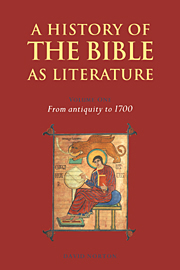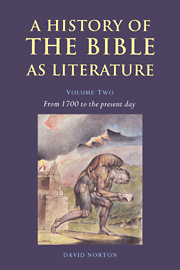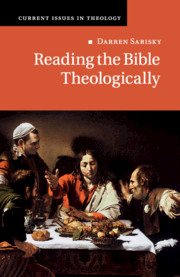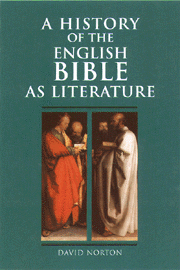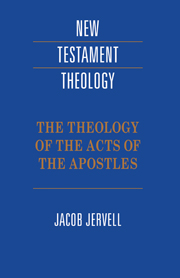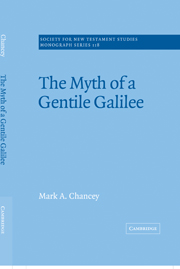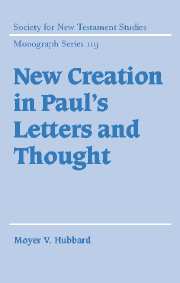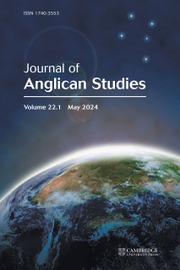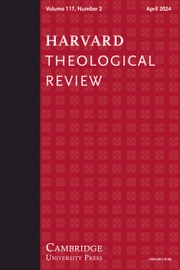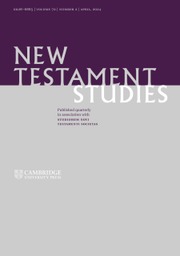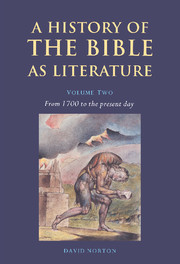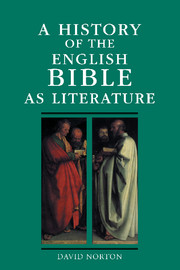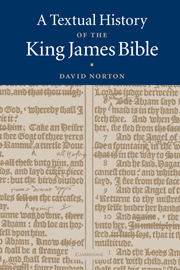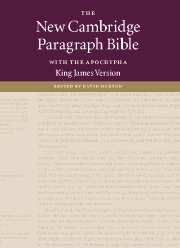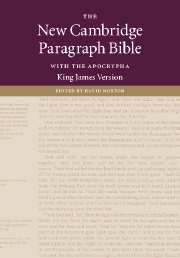A History of the Bible as Literature
Volume 1. From Antiquity to 1700
£78.99
Part of A History of the Bible as Literature
- Author: David Norton, University of Wellington, New Zealand
- Date Published: December 2004
- availability: Available
- format: Paperback
- isbn: 9780521617000
£
78.99
Paperback
Looking for an inspection copy?
This title is not currently available on inspection
-
It is regarded as a truism that the King James Bible is one of the finest pieces of English prose. Yet few people are aware that the King James Bible was generally scorned or ignored as English writing for a century and a half after its publication. The reputation of this Bible is the central, most fascinating, element in a larger history, that of literary ideas of the Bible as they have come into and developed in English culture; and the first volume of David Norton's magisterial two-volume work surveys and analyses a comprehensive range of these ideas from biblical times to the end of the seventeenth century, providing a unique view of the Bible and translation.
Read more- The first comprehensive critical history of the Bible as Literature
- Will pick up on great current interest in literary ideas about the Bible
- Strong jacket endorsement from Frank Kermode
Reviews & endorsements
'This is a patient, intelligent and enjoyable book. The tone, though always judicious, is never dull. The history of the arguments has never been explored in such interesting and significant detail. Mr Norton's history has importance not only because he clears away misconceptions about the literary intention and acceptance of the King James Bible, but also in respect of more modern conceptions and misconceptions of literary qualities in the text, after the time when the word “literature” had itself acquired a different sense or set of senses. There is also material for a critique of fundamentalisms. And there are important points about the way translations were judged, from the Septuaging on: the emphasis was for a long time on accuracy, not at all on literary value, which was either not considered or thought of small interest. The whole matter of Reformation and pre-Reformation translations is carefully studied. On the early English translations the book is always direct and discriminating. This careful, deeply researched and readable book is most impressive, and many besides myself will look forward to reading the second part.' Frank Kermode
Customer reviews
Not yet reviewed
Be the first to review
Review was not posted due to profanity
×Product details
- Date Published: December 2004
- format: Paperback
- isbn: 9780521617000
- length: 428 pages
- dimensions: 235 x 158 x 23 mm
- weight: 0.6kg
- availability: Available
Table of Contents
List of plates
Preface
List of abbreviations
1. 'This treasure in earthen vessels'
2. The early Christians and biblical eloquence
3. Jerome
4. Augustine and his successors
5. The occult text
6. The challenge to the translators
7. Slaves of the vulgate
8. Creators of English
9. From the Great Bible to the Rheims-Douai Bible
10. The King James Bible
11. Presentations of the text, 1525–1625
12. Sixteenth-century movements towards literary praise and appreciation of the Bible
13. The struggle for acceptance
14. 'The eloquentist books in the world'
15. Versifying the Psalms
16. 'The best materials in the world for Poesy'
Appendix
Bibliography
General index
Biblical index.
Sorry, this resource is locked
Please register or sign in to request access. If you are having problems accessing these resources please email [email protected]
Register Sign in» Proceed
You are now leaving the Cambridge University Press website. Your eBook purchase and download will be completed by our partner www.ebooks.com. Please see the permission section of the www.ebooks.com catalogue page for details of the print & copy limits on our eBooks.
Continue ×Are you sure you want to delete your account?
This cannot be undone.
Thank you for your feedback which will help us improve our service.
If you requested a response, we will make sure to get back to you shortly.
×
